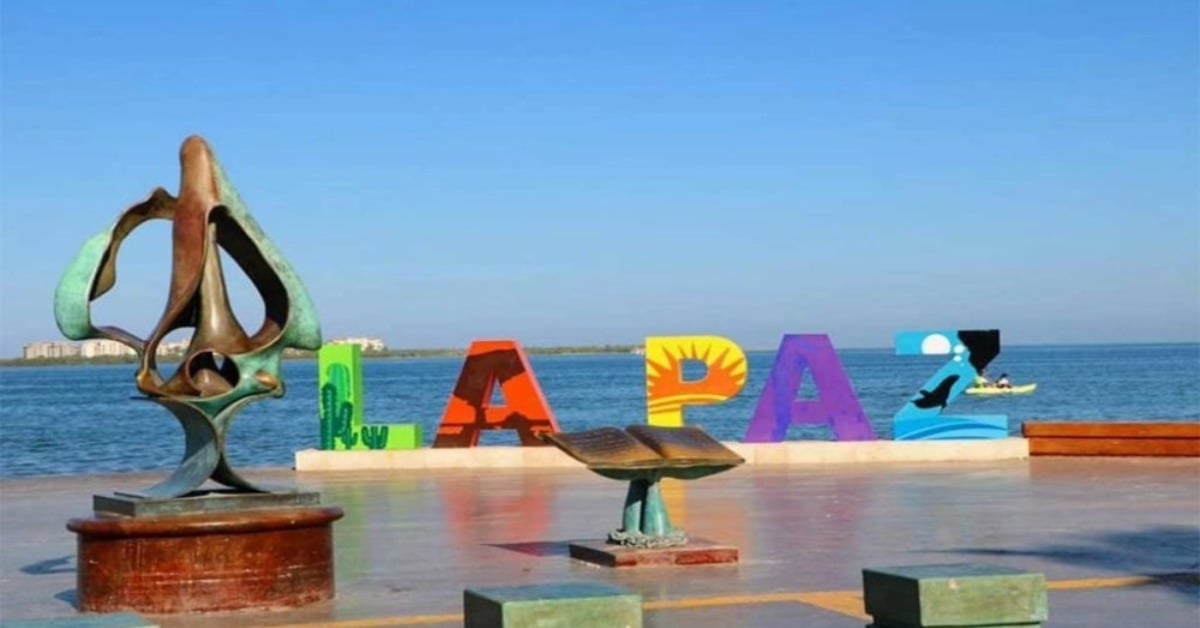Baja California Sur officials have launched an investigation into foreign residents who illegally rent out homes and vehicles in La Paz and Los Cabos . . .


Baja California Sur officials have launched an investigation into foreign residents who illegally rent out homes and vehicles in La Paz and Los Cabos . . .
